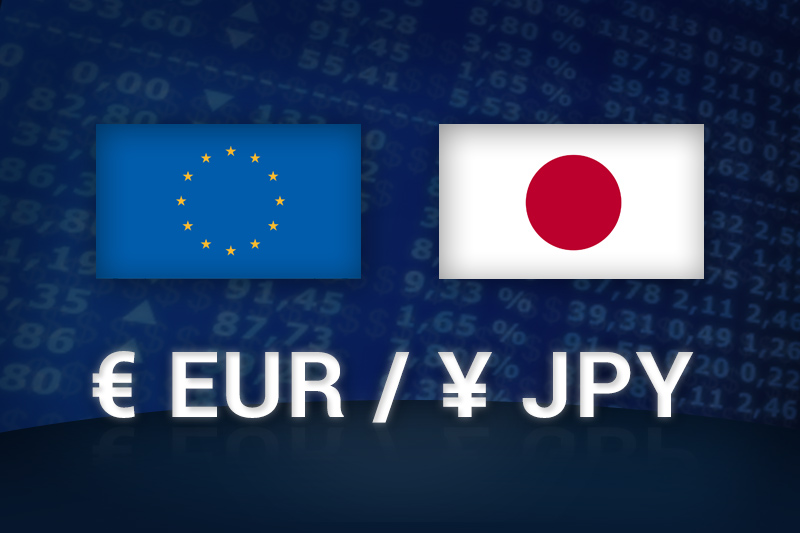Street Calls of the Week
Investing.com - The euro fell against the yen on Thursday after Germany reportedly voiced opposition to issuing eurobonds, a continent-wide placement that would see healthy European countries saddle Greek debt.
In Asian trading on Thursday, EUR/JPY hit 99.94, down 0.07%, up from a low of 99.72 and off a high of 100.18.
The pair sought to test support at 99.54, the low of May 23, and resistance at 101.41, the high of May 23.
Calls for eurobonds are back in play, although policymakers in European paymaster Germany have repeatedly rejected the idea on the grounds it asks Greece's neighbors to unfairly saddle the country's debt, raises interest rates in healthy countries and encourages more spending in the debt-ridden periphery.
Germany at a summit earlier reiterated its opposition to eurobonds, which sent the euro falling midway through the Asian session.
Investors also grew increasingly nervous on expectations that France under the leadership of socialist Francois Hollande may disagree with neighbor Germany over how to steer the continent out of the crisis going forward.
Both nations harbored similar policy views under France's previous president, Nicolas Sarkozy.
Hollande has said the continent needs to focus more on growth and less on austerity, the latter policy championed by Germany.
Europe is due to unveil manufacturing data later Thursday, and nerves were on edge that the numbers will disappoint, which sent investors to the yen, a safe-haven currency.
The euro, meanwhile, was down against the pound and down against the Canadian dollar, with EUR/GBP down 0.04% at 0.8015 and EUR/CAD down 0.07% and trading at 1.2892.
Later Thursday, the eurozone will release preliminary data on manufacturing and service sector growth, while Germany and France are also to release individual reports.
Germany will also unveil revised first-quarter gross domestic product data and a report on business climate.
Later in the day, ECB president Mario Draghi is due to speak in public, and markets will move on any indication of the future possible direction of monetary policy.
In Asian trading on Thursday, EUR/JPY hit 99.94, down 0.07%, up from a low of 99.72 and off a high of 100.18.
The pair sought to test support at 99.54, the low of May 23, and resistance at 101.41, the high of May 23.
Calls for eurobonds are back in play, although policymakers in European paymaster Germany have repeatedly rejected the idea on the grounds it asks Greece's neighbors to unfairly saddle the country's debt, raises interest rates in healthy countries and encourages more spending in the debt-ridden periphery.
Germany at a summit earlier reiterated its opposition to eurobonds, which sent the euro falling midway through the Asian session.
Investors also grew increasingly nervous on expectations that France under the leadership of socialist Francois Hollande may disagree with neighbor Germany over how to steer the continent out of the crisis going forward.
Both nations harbored similar policy views under France's previous president, Nicolas Sarkozy.
Hollande has said the continent needs to focus more on growth and less on austerity, the latter policy championed by Germany.
Europe is due to unveil manufacturing data later Thursday, and nerves were on edge that the numbers will disappoint, which sent investors to the yen, a safe-haven currency.
The euro, meanwhile, was down against the pound and down against the Canadian dollar, with EUR/GBP down 0.04% at 0.8015 and EUR/CAD down 0.07% and trading at 1.2892.
Later Thursday, the eurozone will release preliminary data on manufacturing and service sector growth, while Germany and France are also to release individual reports.
Germany will also unveil revised first-quarter gross domestic product data and a report on business climate.
Later in the day, ECB president Mario Draghi is due to speak in public, and markets will move on any indication of the future possible direction of monetary policy.
